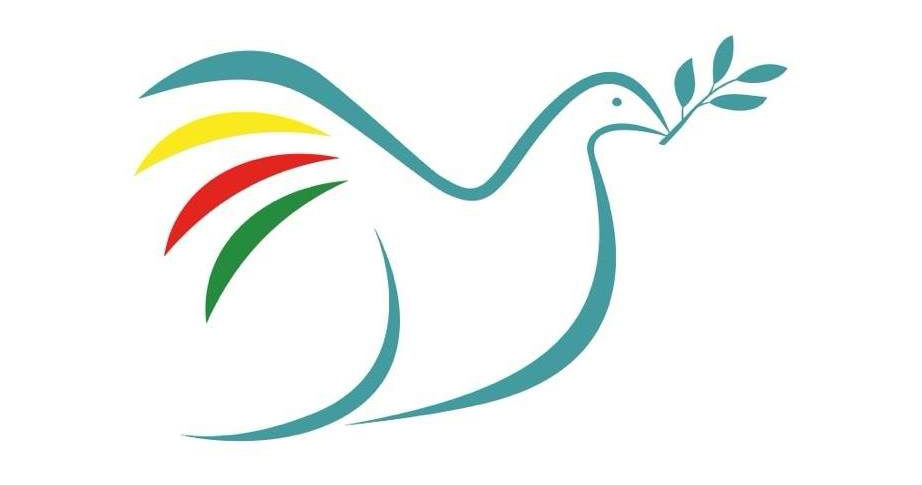A new book co-edited by Michael M. Gunter, Professor of Political Science at the University of Tennessee and specialist on the Kurdish Question, will soon be published. The Kurdish Spring: Geopolitical Changes and the Kurds features contributions scholarly experts such as Michael B. Bishku, Ofra Bengio and Joost Jongerden, who analyse the ‘Kurdish Spring’ as a long-running and growing movement for democracy, cultural, social and political rights and self-determination across Syria, Turkey, Iran and Iraq.
The summary reads:
In the midst of all the changes the Arab Spring has brought in Egypt, Tunisia, and Libya, among others, the intelligent lay, media, and policy worlds have paid much less attention to what might be called the Kurdish Spring: Demands for meaningful democracy along with cultural, social, and political rights and their immediate implementation. Or as Ofra Bengio recently described it: “The Kurdish movement is now crystallized in almost all parts of Kurdistan. The weakening of the relevant states, alongside the tectonic sociopolitical changes taking place in the region as a whole, may end up changing the strategic map of the Middle East. Forged by the Great Powers after World War I, the borders separating the Kurds of Iraq, Turkey, Syria and Iran no longer appear as sacred or secure as they once did.”
However, before surveying this new climate, it also should be noted that the Kurdish version of the Arab Spring did not just begin in 2011, but in some ways has been going on for decades: In Turkey (at least since the Kurdistan Workers Party (PKK) formally began its insurgency in August 1984), as well as in Iraq since the days of Mulla Mustafa Barzani beginning in the early 1960s, but especially since the end of the two U.S. wars against Saddam Hussein in 1991 and even more in 2003. These two wars led to the creation of the Kurdistan Regional Government (KRG) in northern Iraq, the most successful attempt at Kurdish statehood in modern times.
On a lesser scale Iran too has long been going through its own off again/on again Kurdish Spring, the Mahabad Republic in 1946 being the most famous example. Until recently, the Iranian Kurds were bitterly divided into several competing parties, constant protests, and, in the case of the Kurdistan Free Life Party (PJAK) ensconced in the Iraqi Kandil Mountains just across the border from Iran, even armed struggle against the Iranian regime. In the past year, however, a more-or-less cease-fire has fallen over the Iranian Kurds and little has been heard from them. Some speculate that this might simply be the prelude to the next explosion in the Kurdish world.
Finally, in Syria, where the Kurdish population is much smaller and not as geographically united as it is in the other three states, the Kurds—in part inspired by the rise of the KRG—have broken out of their muted and divided existence to partially join the anti-Assad movement: First in protest against the assassination on October 7, 2011 of Mishaal Tammo, one of their most promising leaders, and subsequently as part of the much larger revolt against the Assad regime. Although the Syrian Kurds have taken a much less active role against Assad than other Syrian dissidents, since July 2012, they have enjoyed de facto autonomy due to Assad’s strategic withdrawal from the Kurdish northeast of the country. The purpose of this edited book is to survey the Kurdish Spring in the aftermath of the Arab Spring that began in late 2010 and early 2011. Approximately 13 articles written by scholarly experts on the Kurds will analyze the overall Kurdish Spring as well as individual aspects of the Kurdish Spring in Iraq, Turkey, Iran, Syria, and the Diaspora.
The book will be available in paperback for $40 from Mazda Publishers.
Michael Gunter will be speaking at a seminar at the London School of Economics Middle East Centre, on 12 June 2013. More details about the event, called Reopening Turkey’s Kurdish Opening, can be found on our Events page and on the LSE Middle East Centre website.
